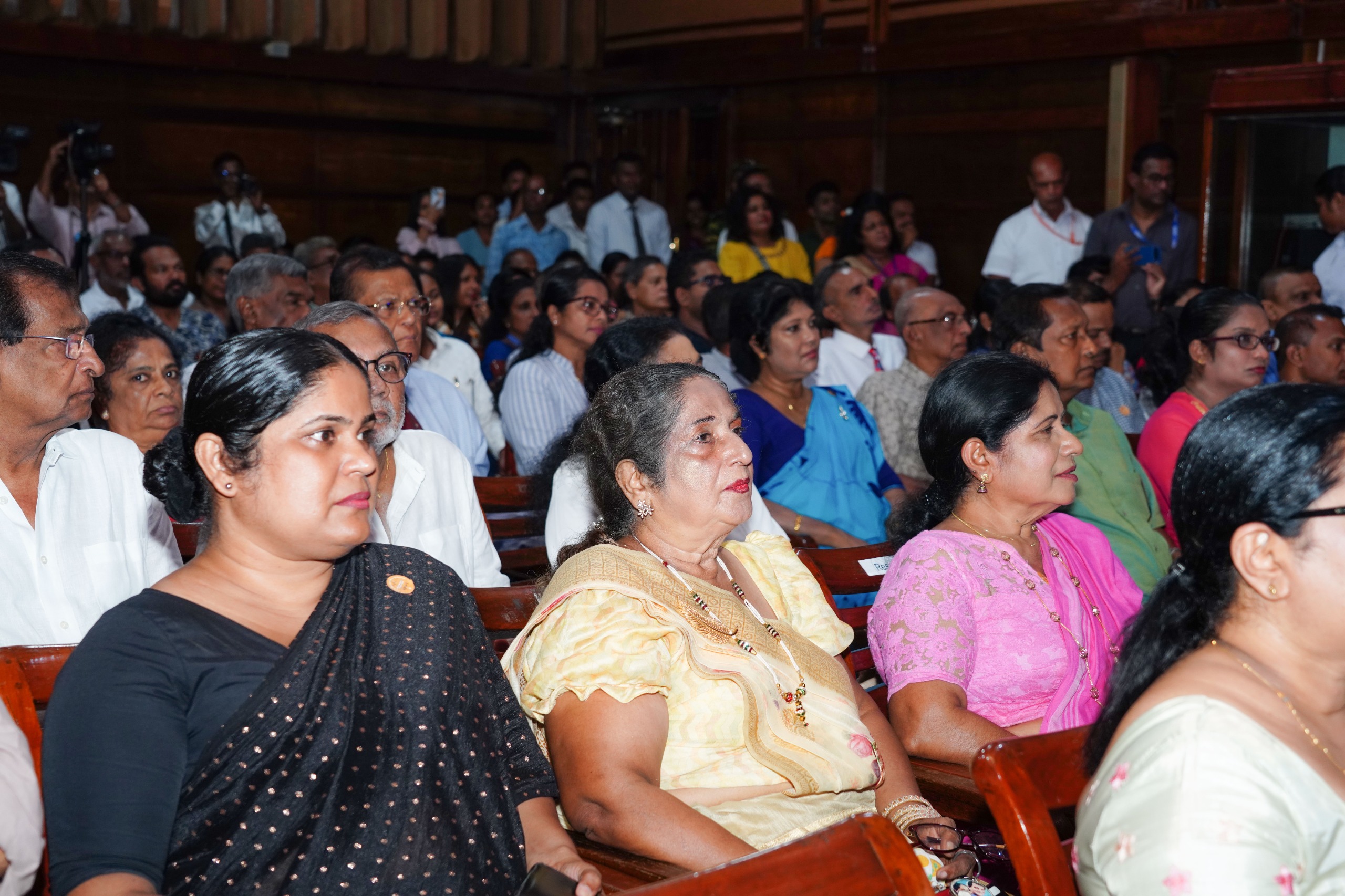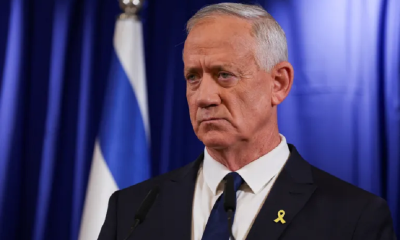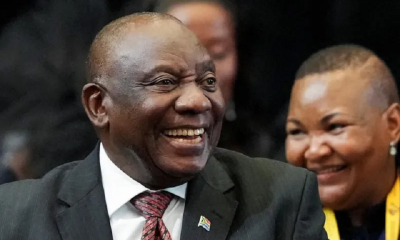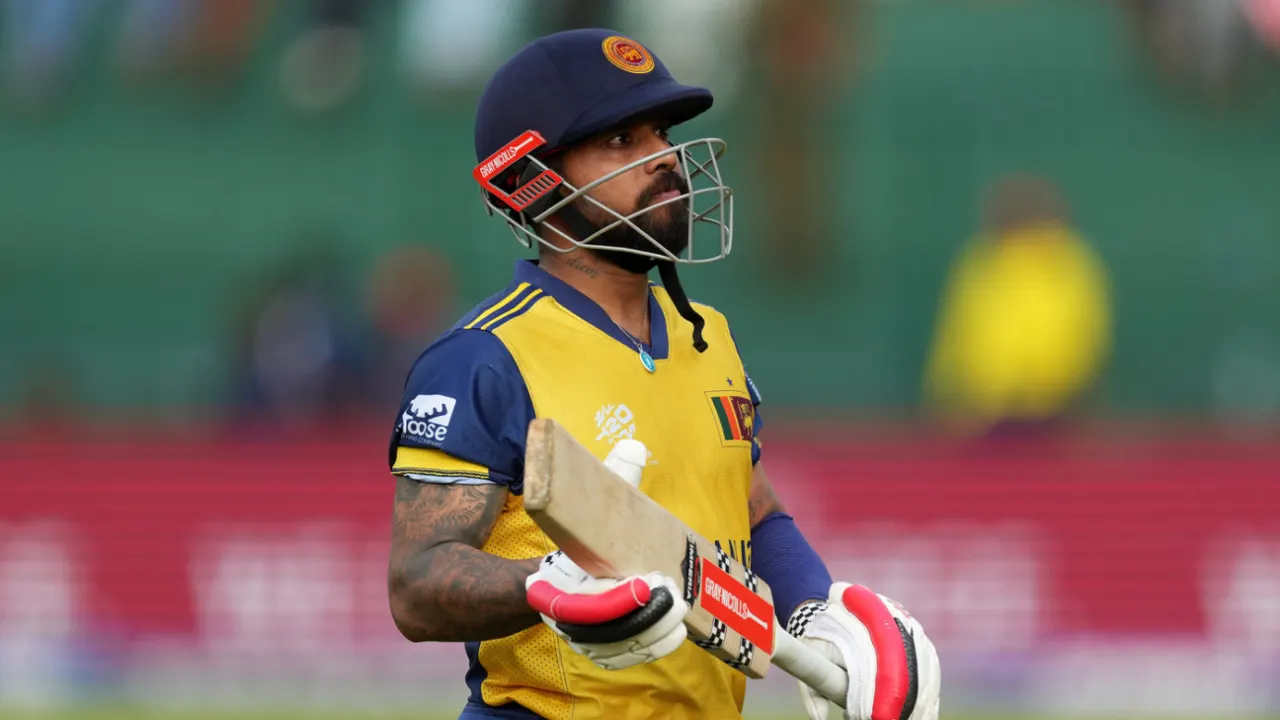The objective of the program was to honour the invaluable service rendered by Dr. Victor Rathnayake over more than six decades to Sri Lanka’s music sector and to the Sri Lanka Broadcasting Corporation. As a mark of appreciation, a portrait of Dr. Victor Rathnayake was also unveiled within the premises of the Broadcasting Corporation.
Addressing the gathering, Prime Minister Dr. Harini Amarasuriya stated:
“I am an admirer of Dr. Victor Rathnayake. Therefore this very moment is special to me. I never imagined that I would one day have the opportunity to pay tribute to you so closely. This is a deeply joyful, and historic moment for me.
For more than sixty years, you have rendered a service to Sri Lanka’s music sphere that cannot be expressed in words. The first concert I watched during my childhood was your solo concert ’Sa’, which also holds the record as the most frequently staged solo musical concert in the country.
It was your songs that nurtured my love for the Sinhala language. Songs such as ’Kurullanta Gee Gayanna Obe Kata Handa Denna’ and ’Sangava Ganu Mena Sonduriya’ presented the aspect of love with subtlety and rare beauty. It is through these music that I have understood that music and the richness of language have the power to take us into a completely different world.
The concepts of harmony embedded within these songs are something we must speak about more. Through the musical composition and rendition of songs such as ’Oba Yana Gamane Mavatha Ahura’ created for the film ’Sarungale’, you naturally introduced us to the beauty of diverse cultures.
Truly, as a nation, we are extremely fortunate to have received a priceless treasure like you”.
The Prime Minister further noted that the special moments of people’s lives in this country are closely intertwined with the creations of Victor Rathnayake.
Prime Minister Dr. Harini Amarasuriya also extended her best wishes for good health and long life to Dr. Victor Rathnayake, who celebrated his 84th birthday on February 18. She expressed her gratitude to the Sri Lanka Broadcasting Corporation for organizing such an event and stated that, despite the many challenges faced by the institution amid growing competition in the media sector, she firmly believes the Corporation possesses the strength to overcome them and move forward.
The Prime Minister also specially appreciated the Broadcasting Corporation’s efforts to honor living legends of Sri Lanka’s arts and culture.
The event was attended by the Minister of Buddhasasana, Religious and Cultural Affairs Dr. Hiniduma Sunil Senavi; Deputy Minister of Mass Media Dr. Kaushalya Ariyarathne; Dr. Rathna Sri Wijesinghe; Chairman of the Sri Lanka Broadcasting Corporation Senior Professor Uditha Gayashan Gunasekara; family members of Dr. Victor Rathnayake; his fans; and many other distinguished guests.




[Prime Minister’s Media Division]














































